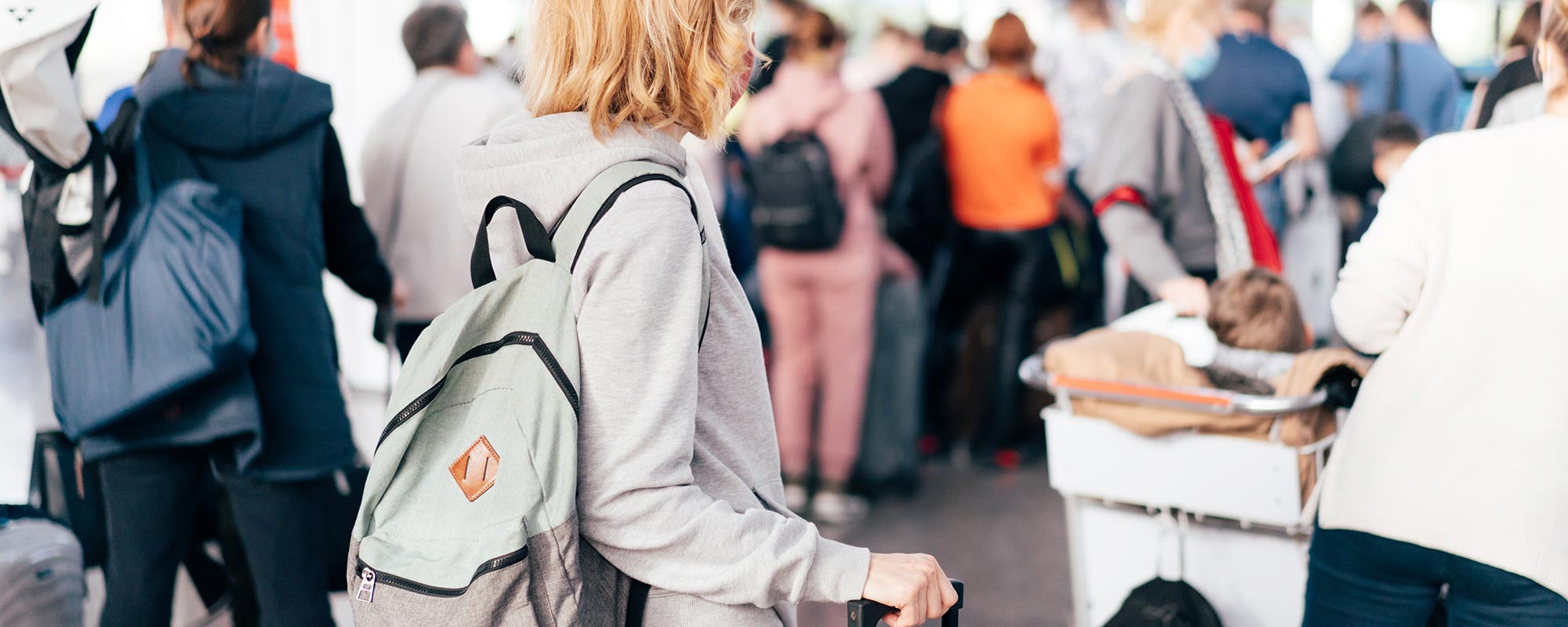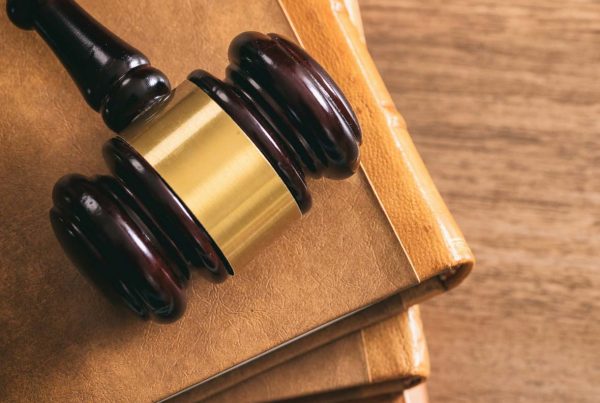Saturday, 16 May 2020
Hon. Andrea Anderson-Mason, Q.C.
Minister of Justice and Attorney General
Government of New Brunswick
Chancery Place
675 King Street
Fredericton, NB E3B 1E9
VIA EMAIL
Re: Mobility Rights and Travel to New Brunswick
Dear Attorney General,
We are writing you regarding New Brunswick’s recently renewed and revised Mandatory Order related to COVID-19. In particular, we write today about sections 10-12 of the Order which prohibit non-essential travel into the province of New Brunswick. As the superintendent of the rule of law in the province, we strongly urge you review the Order’s constitutional risks.
Where necessary and proportionate, the current pandemic has required some temporary measures that limit the rights and freedoms of Canadians. Some governments have managed to do this in a fashion consistent with the Canadian Charter of Rights and Freedoms — Canada’s supreme law applying throughout the country, always. Any measures taken that restrict the rights of Canadians must be both reasonable and demonstrably justified. It follows that restrictions on rights must be based on evidence of necessity and proportionality; fear and speculation are not sufficient.
Moreover, Canada’s confederation has long sought to protect against regional balkanization, enjoying open provincial borders and the free movement of people within it. Banning “outsiders” from exiting one province, to enter another, is likely not within any Province’s jurisdiction, under the Constitution Act, 1867.
Regarding mobility rights, pursuant to section 6(2) of the Charter, individuals may take up residence in any province and have the right to earn a livelihood in any province. The mobility rights of Canadians are sacrosanct; not even the notwithstanding clause in the Constitution Act, 1982 can oust their application. The only derogations from section 6 that are permitted are those that can be justified pursuant to section 1 of the Charter, namely those that are both reasonable, and demonstrably justified. In our view, the province’s restrictions on non-essential travel is neither.
In fact, your government has put in place measures that may not survive judicial review. Despite the exceptions set out in section 10, what constitutes ‘unnecessary travel’ remains ambiguous, arbitrary and lacking any due process, on the face of the statute. It appears that peace officers are given the sole discretion to determine whether a person has contravened the Order and can then effectively “banish” them from the province with nothing resembling meaningful due process.
With respect, we believe the extraordinary measures and police powers set out in the Mandatory Order go too far and result in infringements of constitutionally protected rights. There is no evidence that the province could not achieve the same public health goals through less drastic means, including the requirement that all visitors to the province answer certain questions upon arrival (as already set out in section 9 of the Mandatory Order) and even a requirement to self-isolate for a period of time upon entry. Even if a self-isolation requirement is justifiable for those arriving from other provinces – where they may have already engaged in a lengthy period of self-isolation – it is not at all clear why such a requirement would be considered insufficient to manage the public health risk posed by the COVID-19 pandemic.
Moreover, you are increasing restrictions to mobility at the very time in which the public health risk is, in fact, declining. Your province has two active cases as of this writing, and has seen no new cases for the past eight days. You have never offered evidence as to how a significant threat to public health would arise from individuals entering the province who already comply with the requirement to self-isolate. As such, a total ban from entering the province is unnecessary and disproportionate.
We do not suggest that there is a one-size-fits-all solution to emergency management in Canada. It goes without saying that your province has particular considerations unique to New Brunswick. Each province and territory has adopted an emergency management approach that fits the particular public health and distinctive circumstances of the region. But all must do so within the confines of the Constitution.
The CCLA is an independent, non-profit NGO, standing up to power and defending freedom in Canada since 1964. We have appeared in courts across Canada hundreds of times, and have commenced litigation against governments during COVID-19 in other jurisdictions. We would be grateful for the opportunity to discuss all this with yourself or your officials, and would appreciate your attention to this important matter.
Yours truly,
Michael Bryant
Executive Director
Cara Zwibel
Fundamental Freedoms Program Director
About the Canadian Civil Liberties Association
The CCLA is an independent, non-profit organization with supporters from across the country. Founded in 1964, the CCLA is a national human rights organization committed to defending the rights, dignity, safety, and freedoms of all people in Canada.
For the Media
For further comments, please contact us at media@ccla.org.





